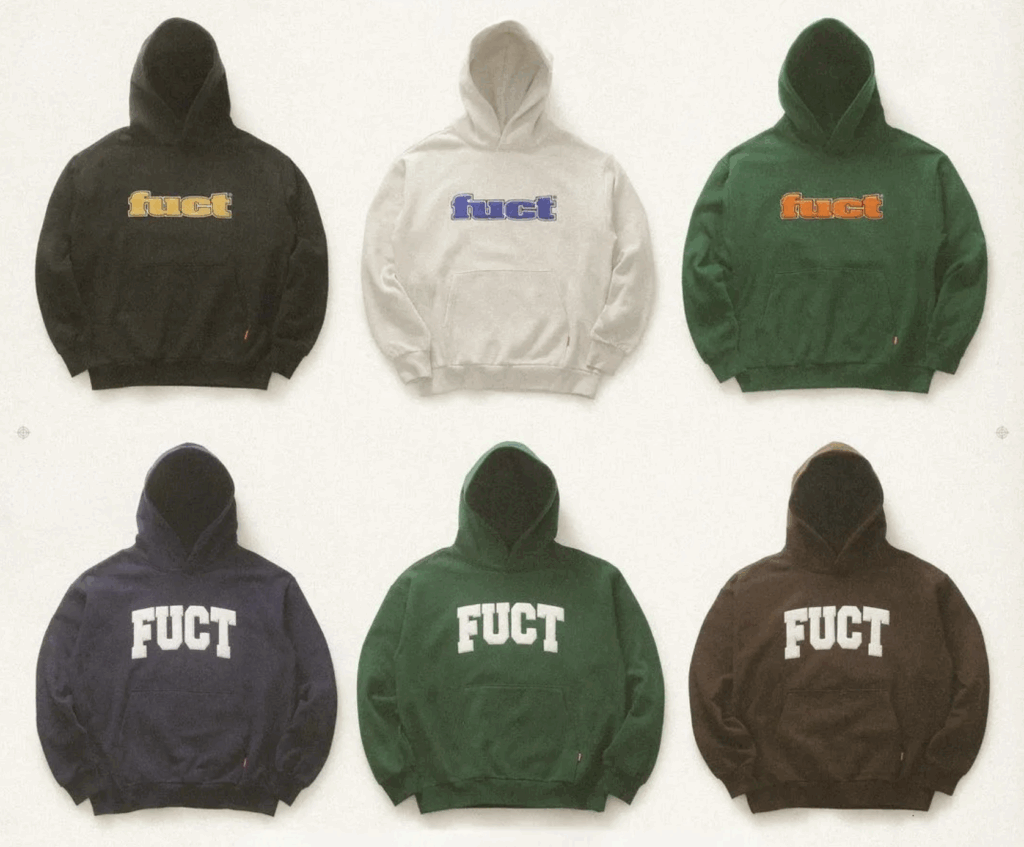A French court has sided with Rolex in one of its latest crackdowns on customizations. In a decision earlier this year, the Paris Judicial Court held that Skeleton Concept is liable for infringing Rolex’s trademark rights and engaging in unfair competition by way of extensive watch customization practices that go beyond legally permissible personalization. In a decision in February, the court ordered Skeleton Concept to pay Rolex SA and Rolex France €710,000 in damages for modifying and marketing Rolex timepieces in a way that misleads consumers and undermines the brand’s origin guarantee.
The Background in Brief: Skeleton Concept offers high-end personalization services for luxury watches, focusing heavily on Rolex models like the coveted Daytona. The customizations involve deep structural changes – such as engraving on the sapphire glass, cutting internal components, and drilling into dials – rather than mere cosmetic embellishment. Despite receiving a cease-and-desist letter from Rolex, Skeleton Concept continued its activities, claiming that it was only altering watches already owned by customers and not selling products under the Rolex name.
Rolex filed suit in 2022, asserting trademark infringement, violation of the French Consumer Code, and unfair competition. In its defense, Vallee de Cluse-based Skeleton Concept argued that Rolex’s trademark rights had been exhausted, since the original watches were placed on the market with Rolex’s consent.
No Free Pass for Personalization
In a win for Rolex, the Paris Judicial Court held that Skeleton Concept was on the hook for trademark infringement and unfair competition. Primarily, the court shot down Skeleton concept’s exhaustion argument, finding that even if exhaustion applied (and it does not), Rolex had a “legitimate reason” to object to the continued use of its mark on heavily modified products. The court held that the extensive transformations to the once-authentic Rolex watches carried out by Skeleton Concept altered the identity of the watches to such a degree that consumers would likely believe the altered watches were approved or manufactured by Rolex.
“[The] essential function of guaranteeing the origin of the product to consumers … is impaired when the product … been transformed to the point that its nature has been changed,” the court stated.
Also at issue: Skeleton Concept’s use of Rolex trademarks as hashtags on social media and the affixing of its own “V Concept” trademark alongside the Rolex name on customized pieces. The court rejected arguments that this amounted to fair use, noting that the dual use of marks could easily mislead the public into assuming a partnership or endorsement by Rolex. At the same time, the court determined that Skeleton Concept’s disclaimers about its lack of affiliation with Rolex were insufficient to eliminate the risk of consumer confusion.
> On its website, Skeleton Concept states, among other things, that “any brands mentioned or shown on the website are for reference purposes only,” and that it is “an atelier that specializes in watch customization, as such, we neither manufacture and/or sell timepieces.”

In addition to trademark issues, the court found that Skeleton Concept violated the French Consumer Code by removing Rolex’s name from dials and re-engraving it onto altered parts. It also faulted the company for mislabeling its products as “Swiss Made,” despite making the modifications in France, a move that the court deemed to distort competition in the luxury watch market.
Taking Skeleton Concept’s reported €3 million annual turnover into account, the court awarded Rolex €600,000 in trademark damages, €100,000 for moral harm to the brand, and €10,000 for unfair competition relating to the false “Swiss Made” claim.
Not a complete loss for Skeleton Concept, the court dismissed Rolex’s claims of parasitic behavior, which stemmed from Skeleton Concept’s social media reposts of Rolex content and references to “limited editions” watches, as insufficiently specific.
THE BIGGER PICTURE: The ruling highlights the increasingly firm stance courts (in the U.S. and abroad) are taking against unauthorized brand modifications – especially in the luxury sector, where origin, authenticity, and brand control are central to value. While personalization and upcycling are gaining popularity across the fashion and accessories space, this decision draws a legal boundary: significant alterations of branded products – even second-hand ones – can undermine trademark rights.
The case also raises critical questions about the threshold for what constitutes a “legitimate reason” to oppose resale and the evidentiary burden on brands in exhaustion cases. While the court placed the burden on Rolex in this instance, citing the risk of EEA market partitioning, it ultimately sidestepped the issue by focusing on the disruptive nature of the modifications.
The case is Rolex SA and Rolex France v. Skeleton Concept, RG 22/09315.














